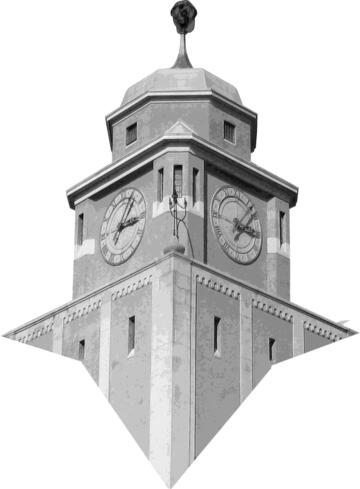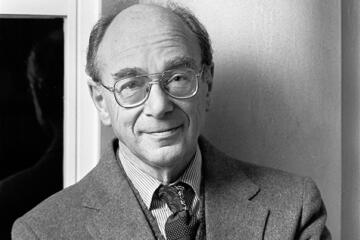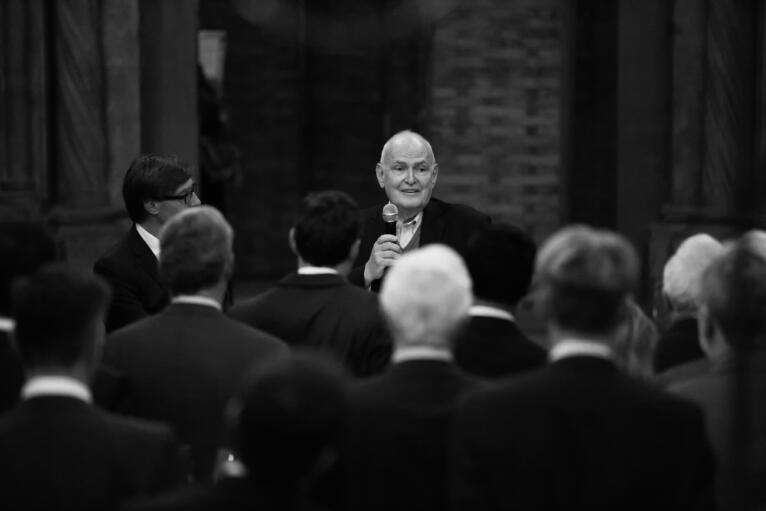In 1968, eminent Harvard professors Stanley H. Hoffmann, David Landes and Laurence Wylie recognized that ongoing changes in Europe called for an interdisciplinary study approach by scholars. Additionally, they were concerned that while interest remained high in European history and literature, academic energies after World War II had shifted to the study of potential enemies of the United States and to newly liberated former colonies in developing countries.
History

In 1969 with support from the Ford Foundation and the Volkswagen Foundation in Germany, the Standing Committee on Western European Studies was established at 5 Bryant Street in Cambridge, MA. This became the nucleus for the Center for European Studies, founded by Hoffmann, Landes and Wylie with the goal of training graduate students with a commitment to European studies and to create a community of scholars studying Europe.
History of CES

Hoffmann became chairman of the new program; Guido Goldman, a graduate student of Hoffmann and Zbigniew Brzezinski, became the executive director. CES has now emerged as the premier academic institution for the study of European history and culture, as well as for debate and discussion on contemporary Europe and its future role in world affairs.

In 1986, the Center was renamed the Minda de Gunzburg Center for European Studies to honor the late Baroness Aileen “Minda” Bronfman de Gunzburg, who had been an ardent proponent of European-American cooperation. The baroness’s children, Jean and Charles de Gunzburg, committed substantial support both to CES and to the renovation of historic Adolphus Busch Hall, which became CES’s home on September 23, 1989.
